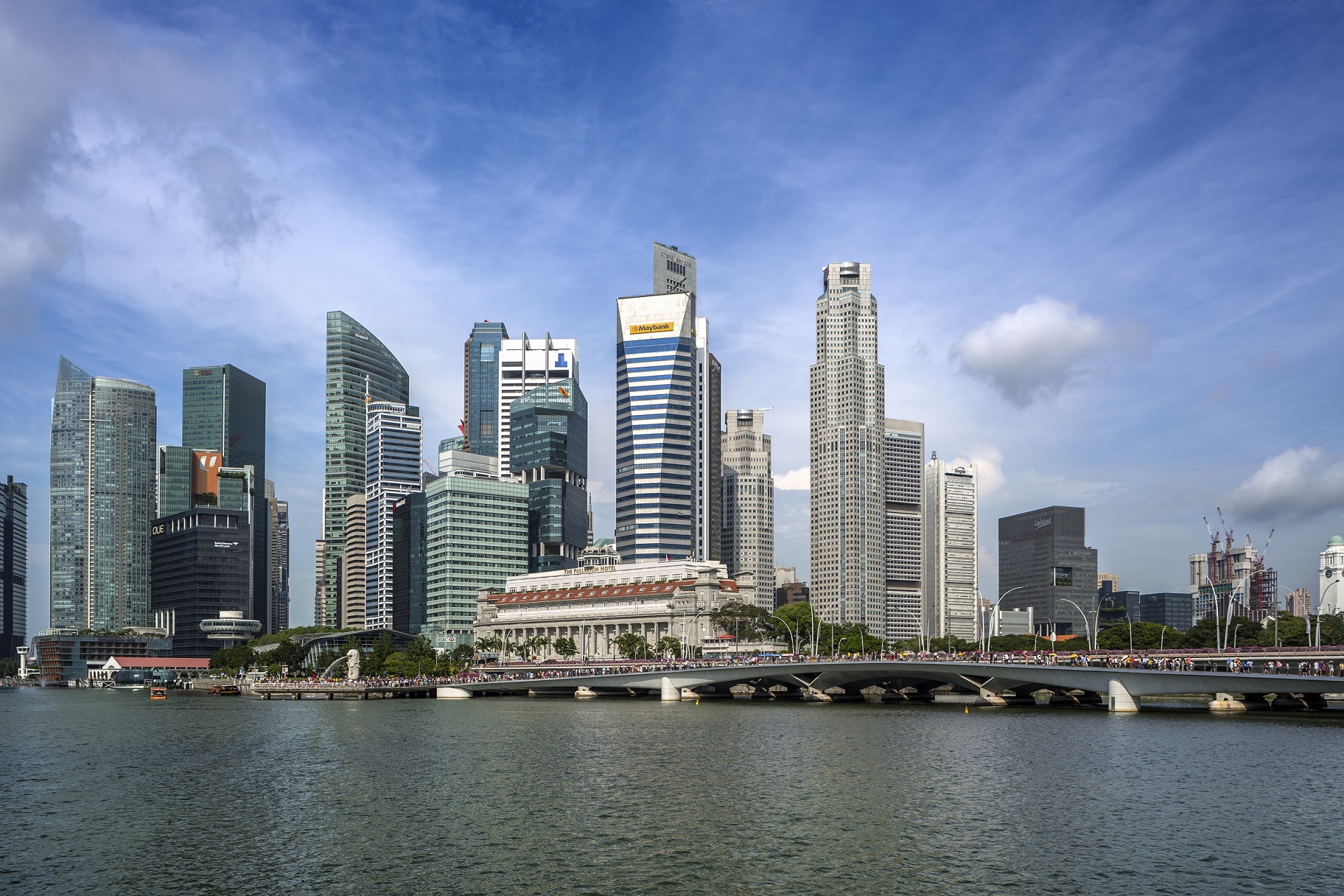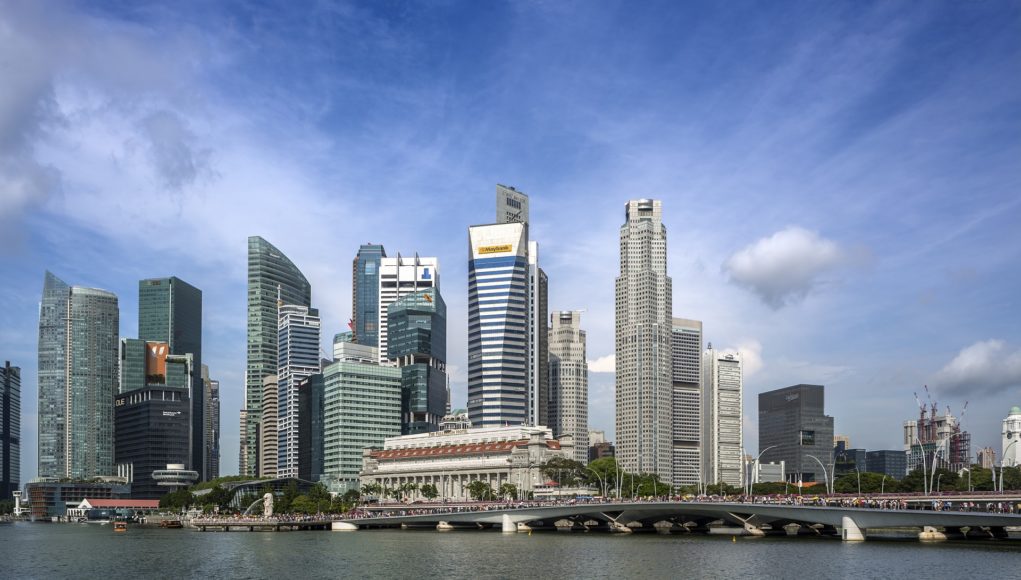(Singapore Aug 4, 2023) The Monetary Authority of Singapore requires a digital full bank (DFB) to progressively build up its business model and risk management capabilities as it grows, said Lawrence Wong, Singapore’s Deputy Prime Minister and Minister for Finance.
He made the remarks in a written reply to Parliamentary Question on revised regulatory cap on retail deposits for digital full banks and other safeguards for consumers.
“This recognises that DFBs are new start-ups with non-bank parents and have no track record in banking,” said Wong, who is also Chairman of MAS.

Singapore’s two DFBs, GXS Bank and Rival MariBank, were subject to an initial aggregate deposit cap of $50 million imposed by MAS when they first commenced operations, to safeguard consumers’ interests, he said.
GXS Bank and MariBank offer different interest and services to their customers.
GXS Bank, the digital lender backed by Grab and Singtel, has opened up its flagship savings account to new customers on a first-come, first-served basis. It offers an interest rate of 3.48 per cent a year on “savings pockets” which customers can use to allocate funds for specific purposes, such as home renovation.
Rival MariBank, owned by tech giant Sea, took in individual customers on an invite-only basis. Its Mari Savings Account offers an interest rate of 2.5 per cent a year, without minimum deposit, salary credit requirement or minimum spend amount. It also offers a business account, for which there is no cap on deposits.
“As the DFBs made progress in building their risk management capabilities, MAS has increased their aggregate deposit caps. MAS does not disclose the specific aggregate deposit cap for each DFB, as is our approach for other supervisory conditions imposed on individual banks.”
Aside from the aggregate deposit cap, each DFB must comply with a cap on the deposits of an individual depositor of S$75,000. This is the prevailing limit of the deposit insurance scheme, which the DFBs are members of. The DFBs’ business operations in their initial years are also subject to other restrictions, such as not conducting proprietary trading activities, so that the DFBs focus on scaling their core businesses in a risk appropriate manner, he said.
In addition, a DFB is subject to the same prudential requirements, such as those on capital and liquidity, as other full banks in Singapore.




































